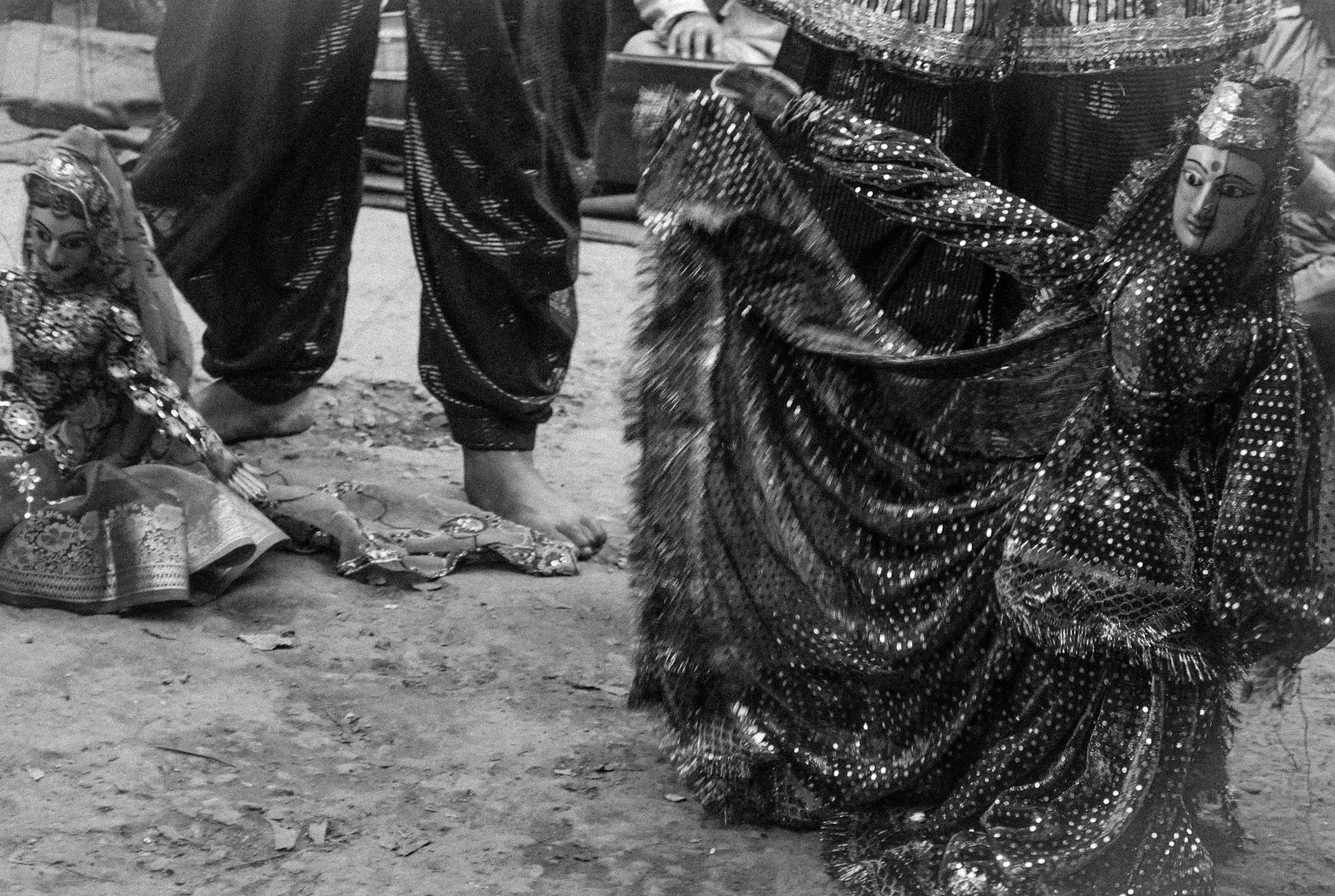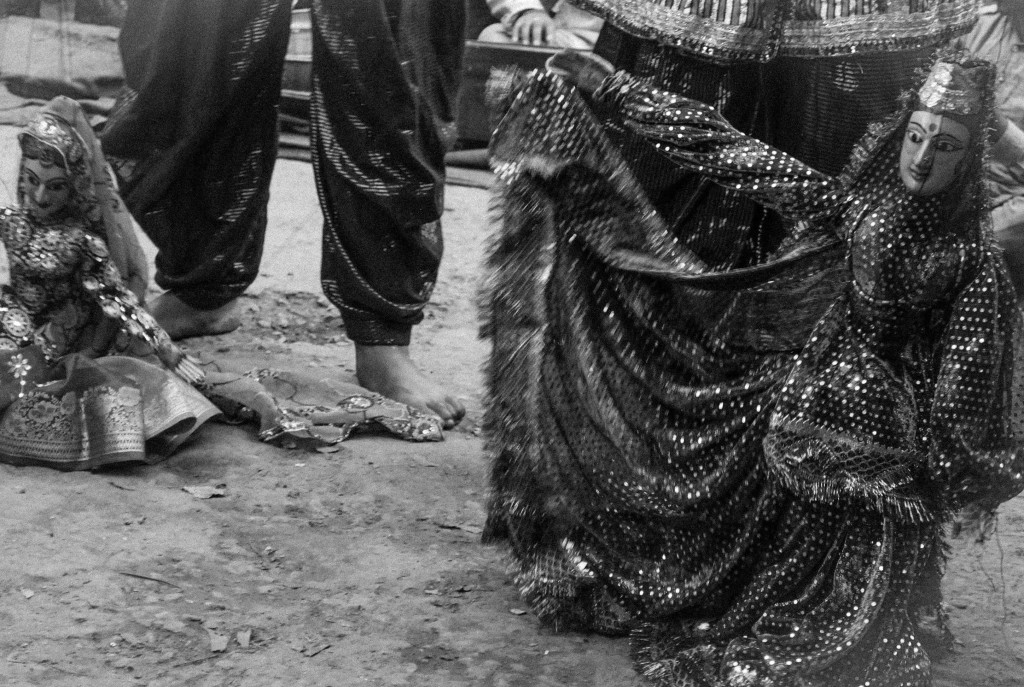Kathputli Colony in Shadipur area of Delhi has provided shelter for over 10000 families over a period of five decades. It’s been in news and has attracted attention from academia, researchers and scholars working as urban planners, development practitioners. If we examine this particular case closely we realize that this is not a usual case of urban renewal rather it’s many facets to it which one can’t do away with. The timeline of this slum studied together with its distinctive features and nature brings out a whole new dimension of developmental studies, the much talked about conflict of development vs. culture. The inhabitants of these slum i.e. traditional artists from across the country make it essential that we pause and reflect before making any choice. It’ll set a precedence of our priority for development over any other considerations i.e. cultural heritage in this particular case.
The talk of rehabilitation and renewal of this land has been doing rounds since 80s’ but the project was included in a policy document in Millennium Delhi Plan 2020 and that’s when the actual procedure initiated. This is to be considered as a pilot project as its first project in Delhi based on in-situ developmental plan. The plan which seems to be technically sound; fails on terms of livelihood issues. The current arrangement of jhuggi-jhopdi settlement provides them with space which is a prerequisite for their traditional occupations and also the locality is critical for their survival. The proposed plan takes away with this freedom of choice to choose one’s own livelihood, traditional artists in this case. This falls in line with utilitarianism since this is an attempt to upgrade the city based on the demands of majority of urban elite while marginalizing the slum dwellers of Kathputli colony. There’s inherent conflict between the authorities in-charge of this redevelopment procedure and the slum-dwellers due to lack of clarity on terms and conditions of the project which’s added to the mistrust. The slum-dwellers find themselves against the State and capitalist at the same time which in turn reduces their bargaining power and further adds to their marginalization. Also there’s a sense of cynicism when it comes to intention of in-situ rehabilitation as these people are aware of the contradiction within their lifestyles. This adds to resistance by the slum-dwellers with all the possible means at their disposal, with the recently added tool of RTI. In case of Kathputli colony there’s a blend of activism by civil society, NGO’s and the population under consideration itself. Lack of trust and confusion on the part of the slum dwellers has resulted in proactive resistance by most of them managed by them though guided by NGO’s. Taken all these factors together this issue brings forth the persistent question of freedom to choose one’s own livelihood and how it’s been denied to the marginalized sections of the society which’s been unorganized to a great extent but when it becomes existential question it brings them together to fight for their equal rights.
The denial of equality and freedom on for the cause of development further creates imbalance in justice making sure that it favors the privileged sections of the society. This utilitarian concept development needs to be checked and controlled as the marginalization of weaker section is ever increasing. Though they’ve new tools like RTI at their disposal; that can’t guarantee justice at any given level of implementation of the proposed project. The residents of Kathputli colony needs to be assured of their entitlement to in-situ rehabilitation at the same time their livelihood opportunity should be secured rather than depriving them of it completely. As this is a pilot project for in-situ rehabilitation in Delhi this case it could have been used to provide an example of trust building between the slum-dwellers and the authority but given the current circumstances it seems to be less likely to happen. The paper-work, criteria of eligibility for rehabilitation and ways to minimize the marginalization needs to be taken care of before going ahead with any project of this scale in order to ensure justice is meted out to the slum-dwellers. The noble cause of betterment of living condition of slum-dwellers and that of development of the particular locality as stated by the authorities in support of any redevelopment project can’t be questioned but the process through which it’s being implemented needs to be scrutinized at every stage by the parties involved in it which would ensure participation that would in turn lead to fair procedural outcomes.
About Author: Neha Rane is a graduating student of Master’s in Public Policy at Jindal School of Government and Public Policy, NCR Delhi. Her research areas include urban policies, health studies strategies for rural development, microfinance, financial inclusion and decentralization in particular.
 Serato DJ Crack 2025Serato DJ PRO Crack
Serato DJ Crack 2025Serato DJ PRO Crack










 Allow notifications
Allow notifications


